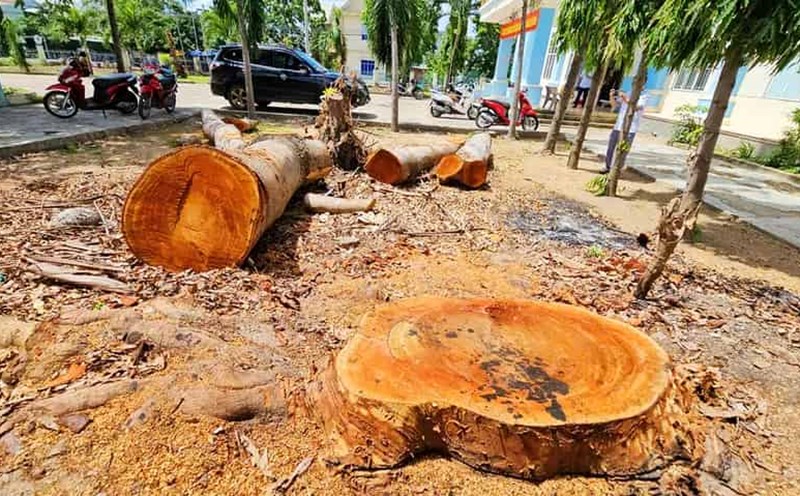On June 25, with the majority of delegates in favor, the National Assembly passed the Budget Law (amended). One of the notable contents of the law is the decentralization of the authority to decide on the preparation and adjustment of state budget estimates to the Government, instead of the National Assembly as previously prescribed.
According to the new law, in case there are fluctuations leading to increased borrowing and excess expenditure compared to the allocated budget estimate, the Government will prepare a state budget adjustment estimate and submit it to the National Assembly for decision.
Based on the National Assembly's resolution, People's Committees at all levels will prepare local budget adjustment estimates and submit them to the People's Councils at the same level for decision.
The Government also has the right to adjust the revenue and expenditure estimates of a number of ministries, ministerial-level agencies, agencies under the Government, central agencies and a number of localities.
However, this adjustment must not increase the total state budget borrowing and expenditure balance, and must be reported to the National Assembly Standing Committee and the National Assembly at the nearest session.
Minister of Finance Nguyen Van Thang said that decentralizing the adjustment of budget estimates to the Government is an urgent issue to remove obstacles in the practice of budget management.
The goal of this regulation is to increase proactiveness, improve the efficiency of budget management and operation, reduce administrative procedures and increase the responsibility of all levels, sectors and localities.
Along with decentralization, the law also strengthens the inspection and supervision mechanism of the National Assembly, the Government, the Prime Minister, the People's Council and the People's Committee at all levels. At the same time, clearly stipulate sanctions to strictly handle violations, prevent corruption, negativity, and waste in the financial - budget sector.
Regarding the division of revenue between the central budget and the local budget, the law stipulates: Hanoi is entitled to 100% of revenue from land use fees and land rents according to the Capital Law.
Localities that do not receive additional balances from the central budget are entitled to 80% of this revenue, the remaining 20% belongs to the central budget. For localities that have received balanced supplements, the corresponding rate is 85% for local budgets and 15% for central budgets.
Regarding the use of increased revenue sources compared to the estimate and the remaining expenditure estimate, the law assigns the Government the authority to manage, operate and report the implementation results to the National Assembly Standing Committee and the National Assembly.
Similarly, People's Committees at all levels are allowed to use these sources locally and are responsible for reporting to the People's Councils at the same level.
A new content of the law is to supplement the tasks and powers of the Government in regulating voluntary sponsorships, contributions and non-refundable aid to the State, the Government and local governments.
The Law also strengthens the responsibility of heads of units in implementing budget expenditures, while simplifying the process of controlling budget expenditures of the State Treasury.
In addition, the provincial financial reserve fund is allowed to advance for important infrastructure programs and projects to speed up progress, with the condition that it must be repaid within 36 months and the total advance does not exceed 50% of the fund's balance at the beginning of the year.
A noteworthy point is that the law does not stipulate the priority order in handling increased revenue sources compared to estimates or unused expenditures. This is to create flexibility in organizing the implementation of expenditure tasks at all budget levels.
The Budget Law (amended) takes effect from the 2026 budget year.











